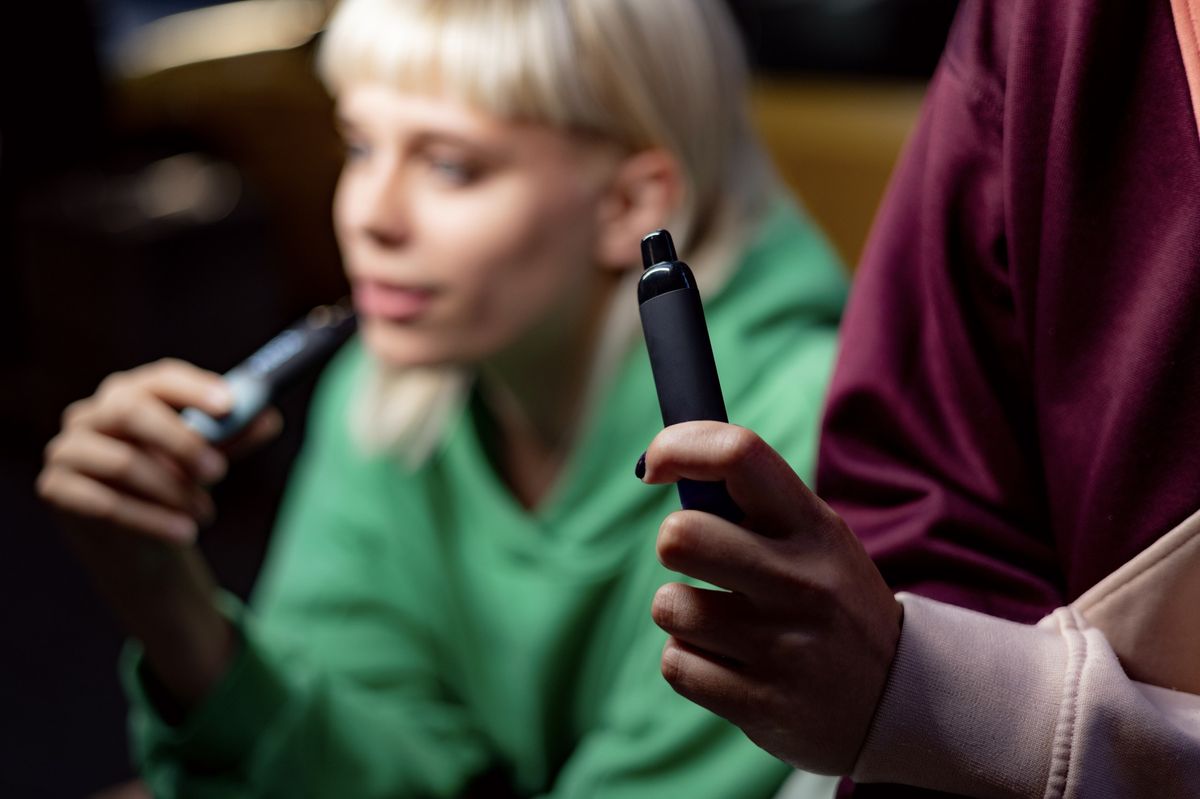Tobacco companies still actively target young people via social media, sports and music festivals and new, flavoured products, the World Health Organization (WHO) said on Thursday, accusing companies of trying to hook a new generation on nicotine.
Amid ever-stricter regulation targeting cigarettes, big tobacco companies and new entrants have begun offering smoking alternatives such as vapes, which they say are aimed at adult smokers.
But the WHO and industry watchdog STOP said in a joint report these products are often marketed to youth, their design and fruity flavours appeal to children and young people are more likely to use them than adults in many countries.
Tedros Adhanom Ghebreyesus, the WHO's director-general, rejected the industry's claim that it is working to reduce the harm from smoking. "It's dishonest to talk about harm reduction when they are marketing to children," he said in the report.
The WHO's increasingly tough stance on newer nicotine products follows a sharp rise in youth vaping across several countries.
The WHO pointed to flavours like bubblegum as one driver of this rise. The industry says flavours are an important tool in encouraging adults to switch away from smoking.
Large tobacco companies have mostly steered away from such flavours. But firms including Philip Morris International and British American Tobacco target youth via the sponsorship of music and sports festivals and the use of social media, the WHO said.
These provide platforms to promote their brands to younger audiences and hand out free samples, it continued.
Both companies said they aimed to move smokers away from cigarettes. BAT added that it follows principles for responsible marketing and ensuring its products were for adults only.
PMI said scientifically substantiated smoking alternatives must be part of sound tobacco policy and it was ready to engage with any government and the WHO on the issue.
The WHO said there is insufficient evidence vapes help people quit smoking. The body said there is evidence that vaping increases traditional cigarette use, especially among youth.
However, Sarah Jackson, principal research fellow at University College London's Tobacco and Alcohol Research Group, said these statements "do not accurately reflect current evidence on e-cigarettes".


